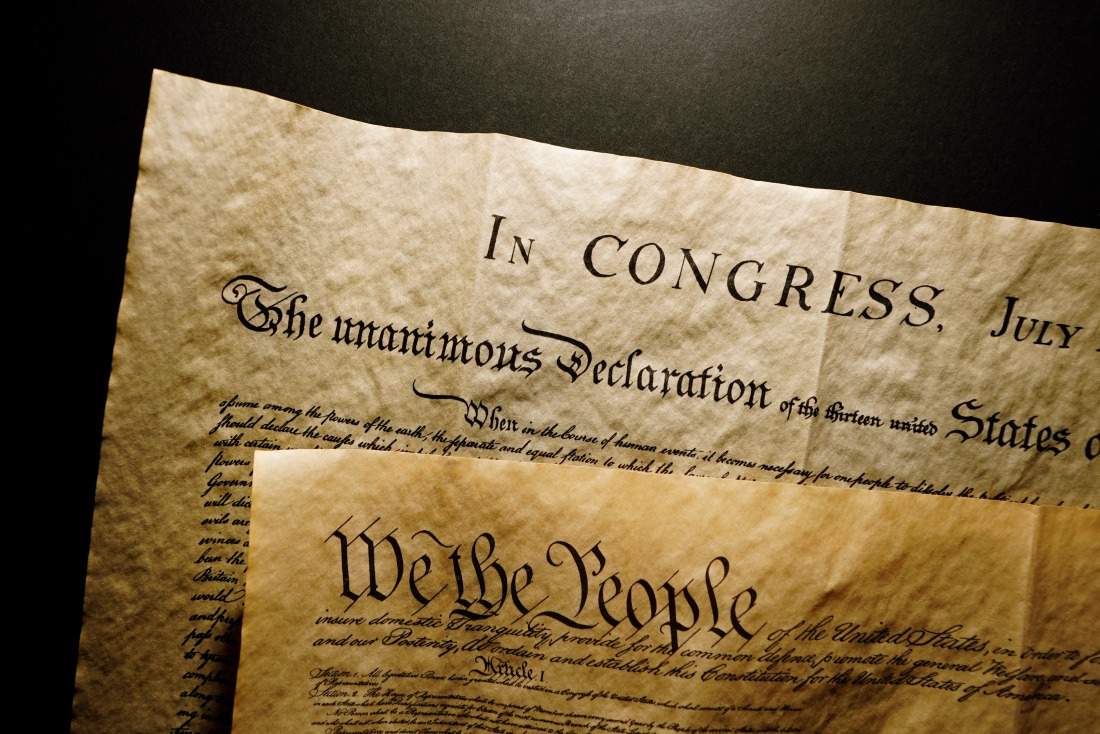by Hugh Fitzgerald
What will it take to shut it down?

[Want even more content from FPM? Sign up for FPM+ to unlock exclusive series, virtual town-halls with our authors, and more—now for just $3.99/month. Click here to sign up.]
First, let’s be clear. The 92-10 vote in the Knesset in favor of banning UNRWA from operating inside Israel does not prevent UNRWA from working inside Gaza. UNRWA staff can still enter Gaza from Egypt, or from the Mediterranean.
Second, this ban does not go into effect for three months. During that time, it should be possible to find alternative agencies to take over UNRWA’s role in distributing humanitarian aid, providing medical personnel, and staffing schools where the teaching is not a vehicle for pro-Hamas propaganda that poisons the minds of young Gazans.
Third, there is solid evidence that nearly two dozen UNRWA staffers, including officials, took part in the October 7 atrocities — the torture, rape, and murder of Israelis — and that more than 450 UNRWA staff are members of “terrorist organizations,” that is, mainly members Hamas but also of Palestinian Islamic Jihad, and the Popular Front for the Liberation of Palestine.
Fourth, UNRWA staffers who are not members of Hamas overwhelmingly declare their support for the terrorist group.
Fifth, the IDF has found that hundreds of UNRWA buildings — especially schools, but also hospitals — have been used by Hamas to store weapons and rocket launchers, and to hide its fighters.
Sixth, Hamas built its headquarters directly underneath UNRWA headquarters in Gaza. UNRWA claims, with an air of injured innocence, that it had no idea that it was sitting on top of Hamas’ headquarters. How likely is that?
More on UNRWA and Hamas, and Israel’s decision to ban UNRWA from operating in the country, can be found here: “Israelis Defend UNRWA Ban Amid US Rebuke, Say School Kids Better Off Without Agency’s ‘Poisonous Influence,’” by Debbie Weiss, Algemeiner, October 29, 2024:
Israel’s decision to ban the United Nations agency responsible for Palestinian refugees and their descendants from operating in the country was necessary given the organization’s ties to the Hamas terror group and “poisonous influence” in the Middle East, according to an expert and Israeli officials, who argued that concerns over the move are overblown.
The US blasted its ally Israel for passing legislation on Monday that bans the the United Nations Relief and Works Agency (UNRWA) from operating within Israeli territory and prohibits any Israeli authority from engaging with the agency.
The two laws passed overwhelmingly in Israel’s parliament, known as the Knesset, amid mounting revelations of UNRWA staff involvement in the Hamas-led massacre across southern Israel on Oct. 7, 2023. The legislation will close UNRWA’s operations in Jerusalem, where it services hundreds of thousands of Palestinians with education, health, and other aid. It will also limit the agency’s operations in Gaza and the West Bank, which relies on cooperation from Israeli authorities.
The Biden administration said it was “deeply troubled” by the move.
“Implementing the legislation risks catastrophe for the more than 3 million Palestinians who rely on UNRWA for essential services, including health care, and primary and secondary education,” the US State Department said. “We urge the government of Israel to pause and further consider implementation of this legislation to ensure UNRWA can effectively carry out its mission and facilitate humanitarian assistance.”
Marcus Sheff — CEO of the NGO IMPACT-se, which examines anti-Jewish and anti-Israel content in UNRWA’s educational materials — noted that numerous UNRWA-employed teachers were directly involved in the Oct. 7 massacre, while many others “openly celebrated it.” He cited a Wall Street Journal report from earlier this year that found that 23 percent of UNRWA’s male employees have ties to Hamas, a higher percentage than the average of 15 percent for adult males in Gaza. A further 10 percent of UNRWA’s school principals in Gaza and their deputies were leaders in Hamas or Palestinian Islamic Jihad, another terrorist group….
Nearly one-quarter of UNRWA’s male staff “have ties to Hamas,” which is a far greater percentage than in the Gazan male population as a whole. Ten percent of school principals and their deputies were not just members of Hamas and Palestinian Islamic Jihad, but leaders in both terror groups. That explains why schools were so easily taken over by Hamas and PIJ, with the pupils subject to endless anti-Israel propaganda, and the buildings themselves used to hide Hamas’ weapons and men.
Fully one-fifth of the Arab students in east Jerusalem who had previously attended UNRWA schools have now chosen to attend Israeli state schools, where the curriculum is not full of anti-Jewish propaganda, but follows the curriculum in Arab-Israeli schools.
Those named are a window onto the world of UNRWA staff who were also Hamas members and murderers. The Hamas commander in Lebanon was also the chairman of UNRWA’s teachers’ association. An UNRWA teacher boasted of the Israeli woman he took hostage on October 7. An UNRWA social worker was caught on CCTV footage dragging the body of a murdered Israeli and stuffing it into an UNRWA vehicle. There are, according to the IDF, at least 450 UNRWA staffers in Gaza, at every level, who are also members of Hamas and Palestinian Islamic Jihad.
Of the hundreds of millions of refugees created by conflicts since World War II, only one group — Palestinian Arab refugees — are uniquely allowed to pass on their refugee status to their children, grandchildren, and so on, making that status an heritable trait. No other group of refugees is similarly treated. Henry Kissinger was a “refugee from Germany.” His son David, born in New York, is not. Vladimir Nabokov was a “refugee from Russia.” His son Dmitri, born in Berlin, was not. And at the UN, there is one agency to handle aid for all refugee populations put together, with the exception of the Palestinian Arabs, who have another, separate agency — UNRWA — to cater to the needs of an ever-expanding number of Palestinian” refugees.”
How many UNRWA staffers must be identified as members of Hamas or Palestinian Islamic Jihad — their names found by the IDF on membership lists of these terror groups before UNRWA is shut down in Gaza? How many UNWRA schools or hospitals need be discovered to have been hiding Hamas weapons and men before UNRWA is shut down in Gaza?
How many UNRWA teachers and social workers must be caught on camera dragging Israeli corpses or boasting of Israeli hostages they took before the world will acknowledge that Israel has not just a right, but a responsibility, to shut down UNRWA in Gaza and call for a new agency to deliver aid to its civilians?
Hugh Fitzgerald
Source: https://www.frontpagemag.com/why-israel-was-right-to-ban-unrwa/










